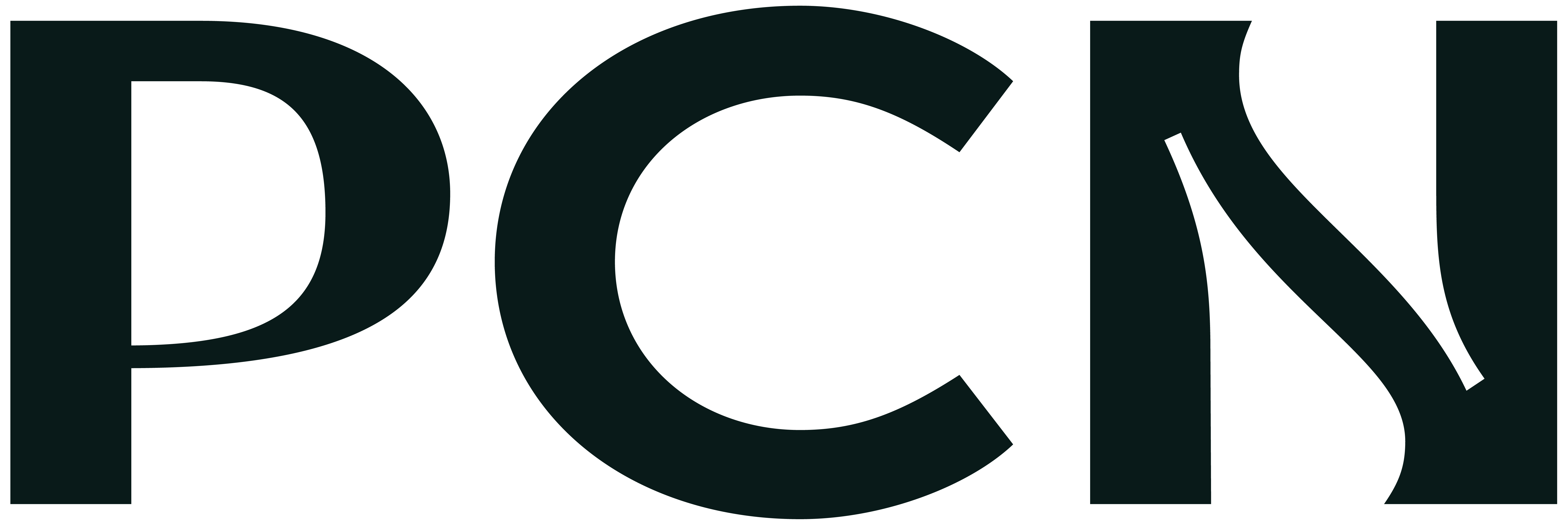Evelien Witlox, Global Director of Payments & Cards at ING shares her insights into the changes of the payments sector, ING’s preparation for PSD2 and many more.
10 years ago the banks were in charge of payments. Now the tide is shifting. How are you dealing with the changes in the payments landscape?
Indeed other players than banks have entered the payments arena. In fact Fintechs started with innovative payments solutions using advanced technologies and quite often focussing on a very specific service. ING realises that this means more fierce competition and decided already a few years ago to follow these new players more intense. This has led to constantly identifying the strengths of these parties and building partnerships in order to stay relevant. ING has developed different ways to ensure we remain the primary relation for our clients. Within the business lines we have moved to Agile in order to increase client focus, time to market and effectiveness. Furthermore ING has innovation labs where we foster new initiatives which has led to spin offs like Yolt and Cobase. Apart from that we also work together with Fintech to integrate their services in our client offering. For instance ING bought last year a 21 million Euro stake in an Irish (B2B) payments firm, TransferMate. This Fintech has developed an alternative cheaper and faster cross border payments solution. ING will offer this solution to SME’s and corporate clients next to our current SWIFT based service offering. An other example is the acquisition of Payvision that extends our merchant service offering.
Do you feel the current changes as a threat to the way ING is conducting business, or rather as opportunities for ING to grow and expand into other areas?
ING sees these current changes as an opportunity to continue to better service our clients and growing as a result of that. As the TransferMate example already illustrates we perceive these changes as challenges and as opportunities to stay ahead in the international payments business. Our innovation centre constantly explores and follows these changes and players in order to step into attractive partnerships; we already realise that banks will not survive in this business acting on its own. It is advanced technology and agility of these new players which help us to continuous improve our offerings to our clients. Next to the payments business there are good examples of usage of block chain technology in the wold of Supply Chain and Trade Finance, servicing our top whole sale international clients.
PSD2 is currently around the corner. How did ING prepare for itself, what changes can individuals and businesses expect to see?
PSD2 is of course a big game changer where banks have to open their payments initiation and account information services enabling Third Party Payments Providers to build on our capabilities enriching our offering towards our clients. ING has developed the PSD2 services as a platform. TPP’s can connect to these API’s and have immediate reach towards all ING client indepent of their geographic location and/or market segment. ING does see possibilities that Open Banking will create. On ING’s Developer Portal we have delivered the PSD2 services and we will continue to enrich this with other API’s. This will accelerate innovation by working more closely with external developers. It gives them access to selected, simulated ING application programming interfaces (APIs) they can use to jointly create new and innovative customer experiences. In the spirit of Open Banking, the Developer Portal is a global market place for developers from inside and outside the bank. These include developers from corporate clients and Fintechs who want to partner with ING to create new, empowering initiatives for customers.
You have mentioned before that ING is “envisaging how payments can be fully integrated into the buying experience rather than being a separate stage on the journey.” How are you envisaging this? Will PSD2 at to this buying experience?
For individuals buying more and more in an E commerce environment and using digital web based services 24 x 7, they expect the payment to be paid instantly. Next to PSD2 we see real time or instant payments service offering as an other game changer next to PSD2. Also Corporates in sectors like transportation, insurance or logistics are demanding this instant payment service offering as well. Next to that seamless integration of our financial services with ERP systems and processes of our corporate clients is an other important trend in clients needs which we really want to fulfil.
How big is the current global reach of ING? What are your current key markets and target markets for the years to come?
Our main focus is a clear and seamless harmonised service offering with a broad Pan European coverage. This means apart from our dominant home market position in the Netherlands and Belgium we focus on extending also our market share in Germany, where a.o. our Direkt Bank proposition is very succesful. We furthermore focus on a number of other so called challenge and growth countries: Spain, France, Italy and Czech Republic creating one way to interact with our customers. Last but not least we are constantly improving our local service offerings in Romania, Turkey, Poland, Australia and Luxemburg.
ING has invested in various companies in recent periods such as Payvision, TransferMate and Yolt. Which fields is ING looking to develop further business and invest in?
I was already earlier referring to our Innovation centre that constantly follow market developments in corporation with the business lines. When I look to the world of Transaction Services in the broadest sense, we decided to invest in blockchain based initatives for Trade Finance. ING has teamed up in 2017 with R3, trade finance platform TradeIX, and 12 other banks to make trade finance safer, simpler, and more flexible. Powered by Corda, a distributed ledger platform, the initiative allows institutions to automate financing for traders before and after shipment. Current manual processes, such as checking documents, will be replaced by smart contracts. A nice example of serious improvements in the customer journey of our bigger international corporate clients.
ING also decided to join USC, a blockchain-powered trade settlement mechanism to make these transactions more efficient. USCs, a digital version of existing currencies, based on central bank backed digital currencies. USC’s can be used for settlements and to transmit all the transaction data. It reduces the exchange rate risks of the transactions, making the payments and settlements process faster, cheaper and less risky. The initiative is led by the newly-established Fnality International as per June this year with capital from the 14 participating banks, including ING Bank with focus on financial markets based transactions.
In your honest opinion, how much will the market be disrupted in the near future. Will banks get into trouble?
Of course we see tremendous changes in the markets with new players, I already was referring to these earlier on. According to my view within ING we are changing the organisation more to be fully customer oriented and creating an agile environment. It of course needs a cultural and mental change in traditional banking. These changes take time, but is a good way of staying relevant in this highly competitive market. Partnering with key players that complement service offerings of banks is key as well. We do realise that banks also will have to become more and more tech firms delivering solution to its clients. These examples that illustrate that banks, according to me can and will stay relevant in the turbulent payments landscape.
About Evelien Witlox
Evelien Witlox is Global Director Payments & Cards. This strategic product portfolio is heavily influenced by major shifts in client needs, technology, regulation and resulting changes on business models. Her focus is on consolidation of Cards & Payments, Instant Payments, International Payments, PSD2 and Open Banking. Evelien has more than 20 years of international experience in the Payments industry across Retail and Wholesale banking and is a member of the EPC Board. She joined ING in 2016.
About ING
ING is a global financial institution with a strong European base, offering banking services through its operating company ING Bank. The purpose of ING Bank is empowering people to stay a step ahead in life and in business. ING Bank’s more than 53,000 employees offer retail and wholesale banking services to customers in over 40 countries.
ING Group shares are listed on the exchanges of Amsterdam (INGA NA, INGA.AS), Brussels and on the New York Stock Exchange (ADRs: ING US, ING.N).
Sustainability forms an integral part of ING’s strategy evidenced by ING’s ranking as Leader in the banks industry group by Sustainalytics and ‘A’ rating in MSCI’s ratings universe. ING Group shares are included in major sustainability and Environmental, Social and Governance (ESG) index products of leading providers STOXX, Morningstar and FTSE Russell.

